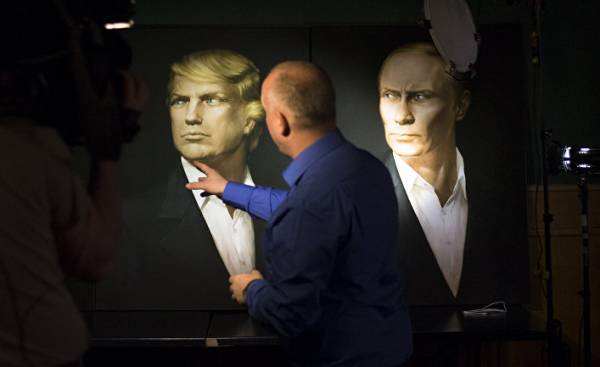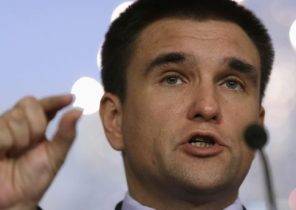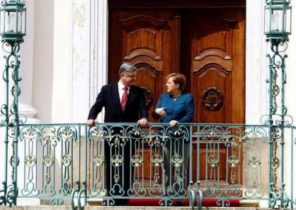
Political analysts in the West believe that the dialogue between Washington and Moscow is turning into a clash of ambitions
Lately, more and more politicians in America talking about the crisis of the relations “West — Russia”. According to many experts, it is possible to explain the fact that Moscow considers its sphere of influence the regions where the Western powers, on the contrary, would like to see democracy, living on the Western model. This contradiction leads to a clash of NATO strategy on the one hand, and Russia on the other. What in this context should be the policy of the United States against Russia? The Putin regime is advantageous to avoid certainty in relations with the West and pursue a policy of escalation. This is done in order to keep Western leaders in the dark regarding the plans of the Kremlin and, if possible, to make them different assessments of Moscow’s actions and how they should react. So says the former chief of the United NATO forces in Europe Admiral James Stavridis.
“I think the main goal of the strategy of President Putin is to split the transatlantic Alliance, to make the US and Europe gradually moved away from each other, — said Stavridis. — This will give Russia more weight in European politics and will expand Putin’s ability to control not only the CIS countries but in the wider space of Europe and Asia.”
Famous scientist with experience, a former employee of the national security Council Angela Stent notes that Washington’s relations with the Kremlin — lasting problem. At least four of the last President, she says, on assuming office, was optimistic about the prospects of dialogue with the Kremlin. But each time, after a while it became clear that Russian-American relations is the eternal mystery of modern history.
“All these presidents, in the beginning, believed that they can achieve much greater results in relations with Russia. says Angela Stent, — in the Beginning, most of them — let’s call it Clinton, George Bush Jr., and Obama did succeed. I would say that President Yeltsin and President Putin at the beginning of his term, President Medvedev also initially believed that I would be able to establish better contact with US. But each time, those hopes have been destroyed, because, as it turned out, the United States and Russia — a very different understanding of what it means to have a constructive relationship with each other”.
In the Kremlin consider, say Washington experts that America is obliged to treat Russia as a great power, which has the unconditional right to their spheres of influence, at least in the post-Soviet space. But such a strengthening of Moscow raises alarm among closest US partners in the European Union and NATO. America can not sacrifice the interests of loyal allies, says Kupchan, the analyst of the Washington center of CFR and a former special assistant to the President for European Affairs. “I think one of the strengths of our policy in recent years has been enduring solidarity with Europe — emphasizes Kupchan, the Obama Administration spent a lot of effort, establishing friendly relations with Germany, France, the European Union, ensuring that they were of the same opinion and the General policy against Russia, including sanctions. I think Putin didn’t expect that and thought he could divide the U.S. and the European Union, as well as to create discord within the EU. The fact that this did not happen was a surprise for him”.
The evaluation of these reputable centers as the Council on foreign relations (Council of Foreign Relations) and the Atlantic Council (Atlantic Council), in the Kremlin’s plans include strengthening the position not only in Eastern Europe and the middle East. So, the host of the Syrian conflict, apparently, will unravel quite soon. But the main focus, say the scientists, America needs to pay to preserve the unity of American and European policy with the aim of creating not aggressive, but effective strategy against Russia.







